A wobbling jet from a supermassive black hole in a nearby galaxy is blasting gas out at a rate high enough to suppress star formation.
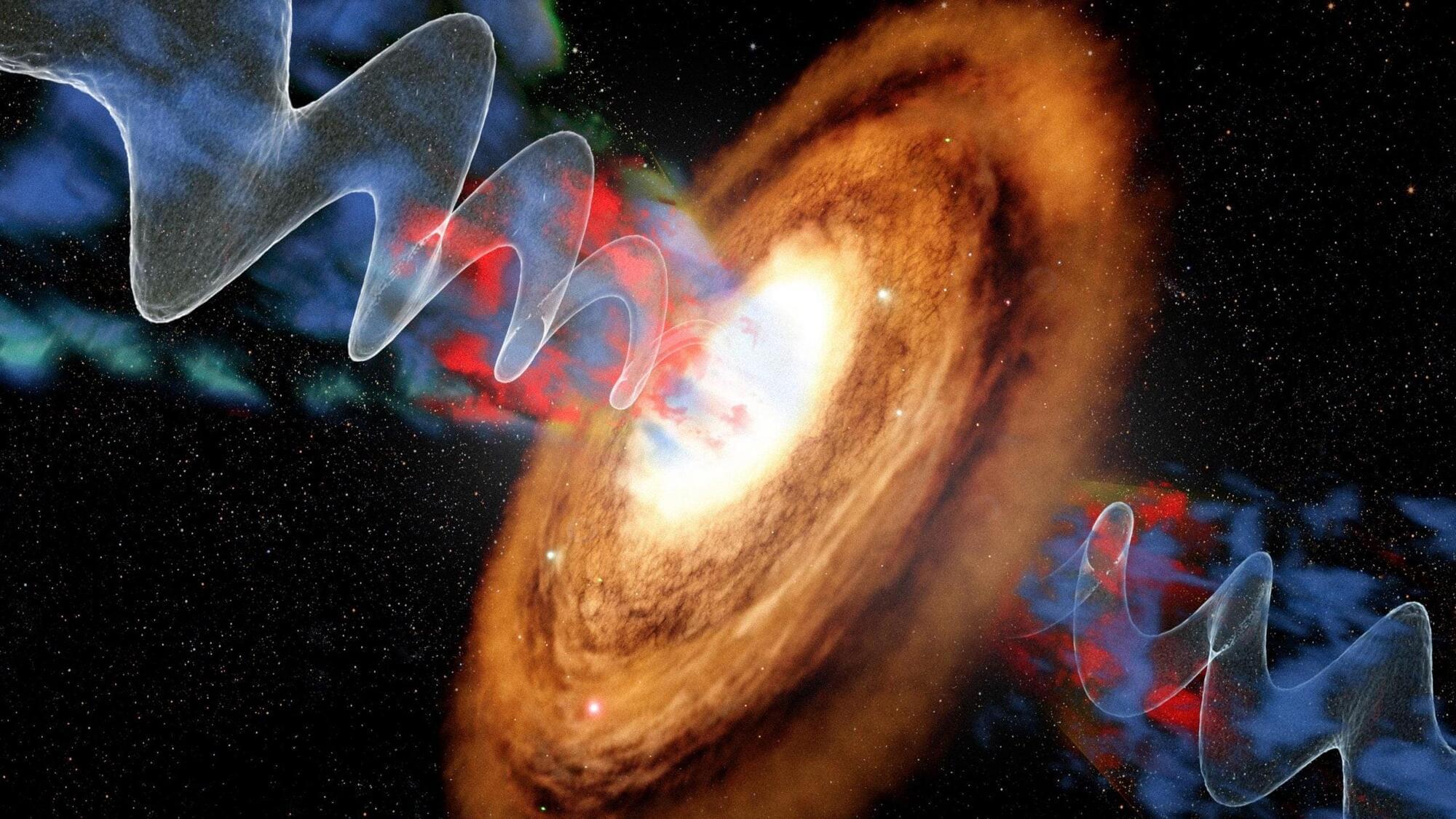

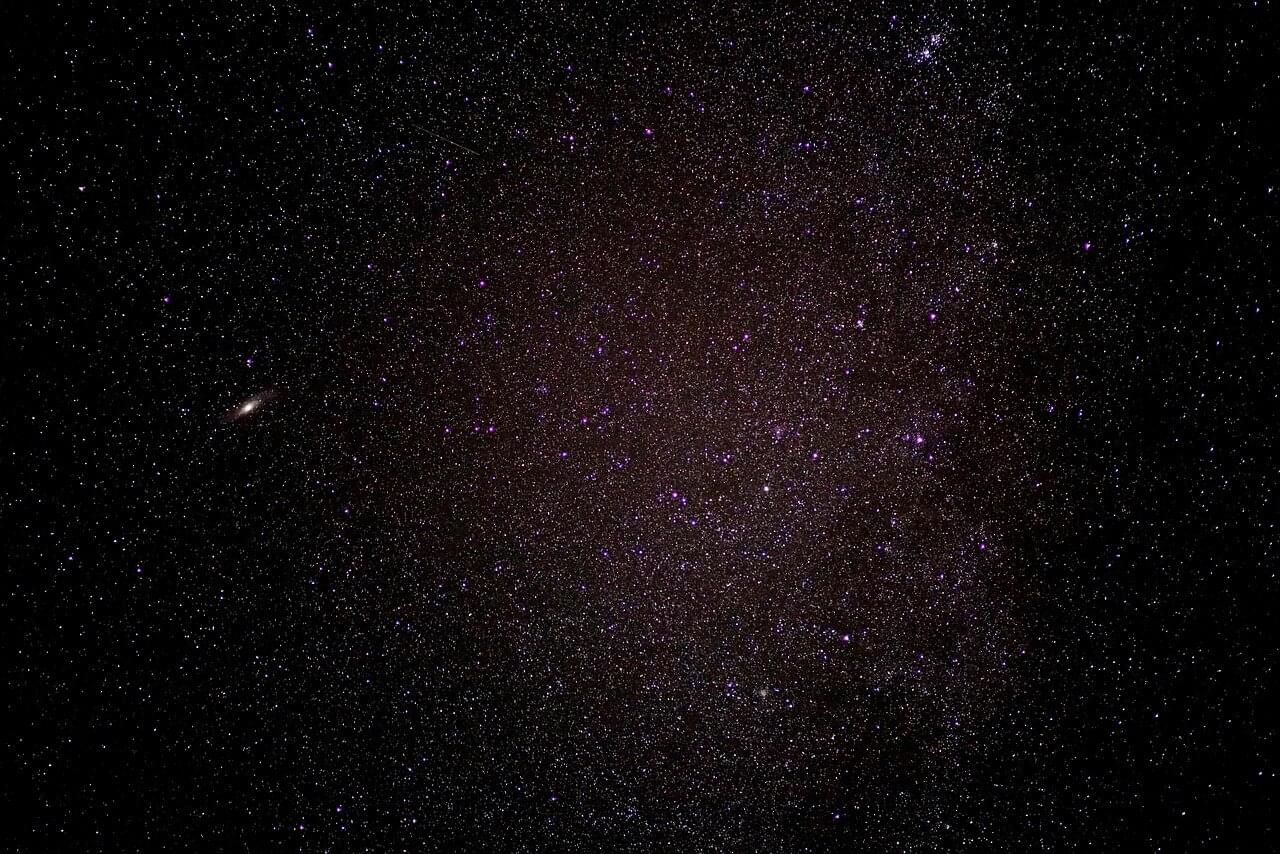
Scientists are a step closer to solving one of the universe’s biggest mysteries as new research finds evidence that two of its least understood components may be interacting, offering a rare window into the darkest recesses of the cosmos.
The University of Sheffield findings relate to the relationship between dark matter, the mysterious, invisible substance that makes up about 85% of the matter in the universe, and neutrinos, one of the most fundamental and elusive subatomic particles. Scientists have overwhelming indirect evidence for the existence of dark matter, while neutrinos, though invisible and with an extremely small mass, have been observed using huge underground detectors.
The standard model of cosmology (Lambda-CDM), with its origins in Einstein’s general theory of relativity, posits that dark matter and neutrinos exist independently and do not interact with one another.
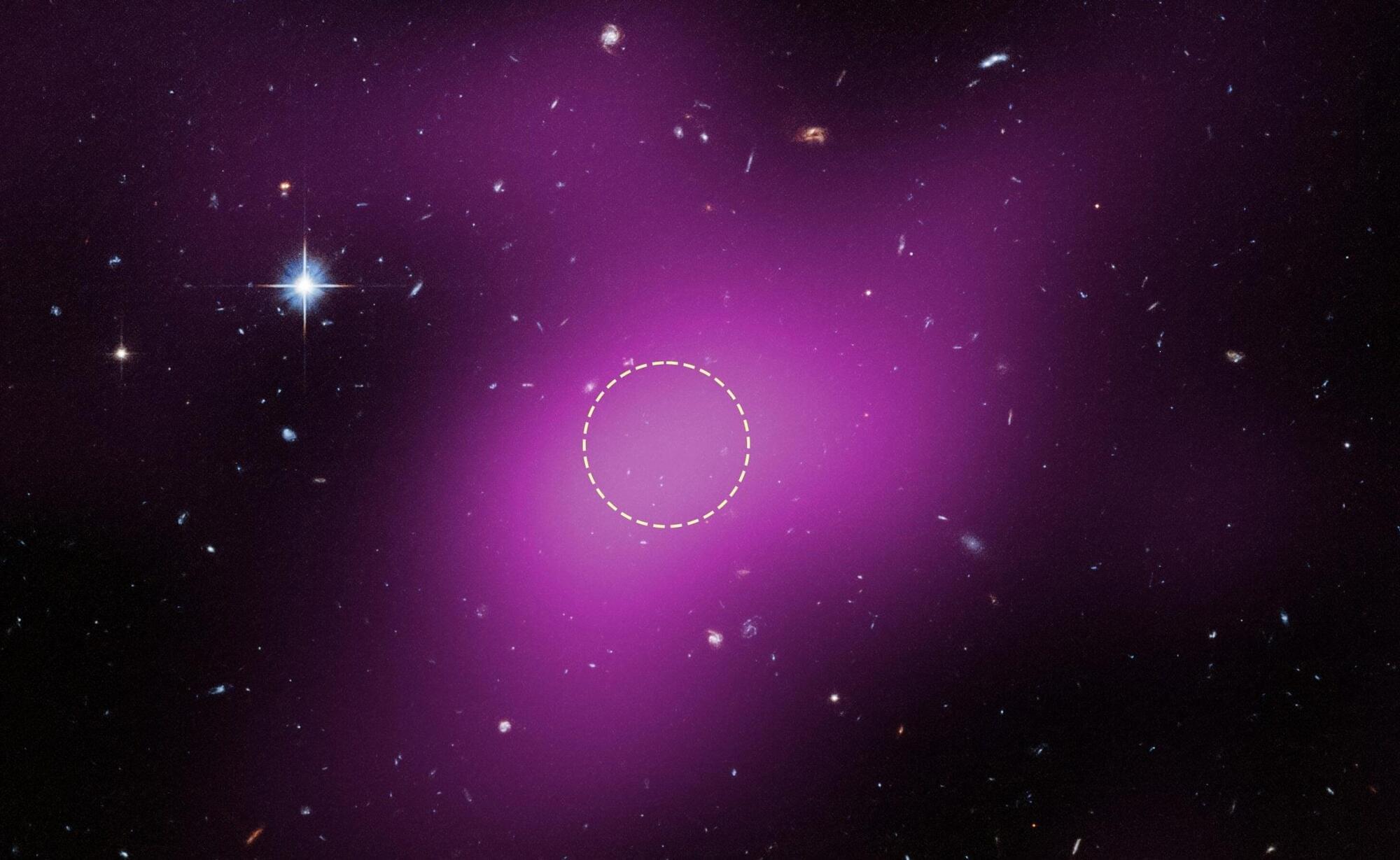
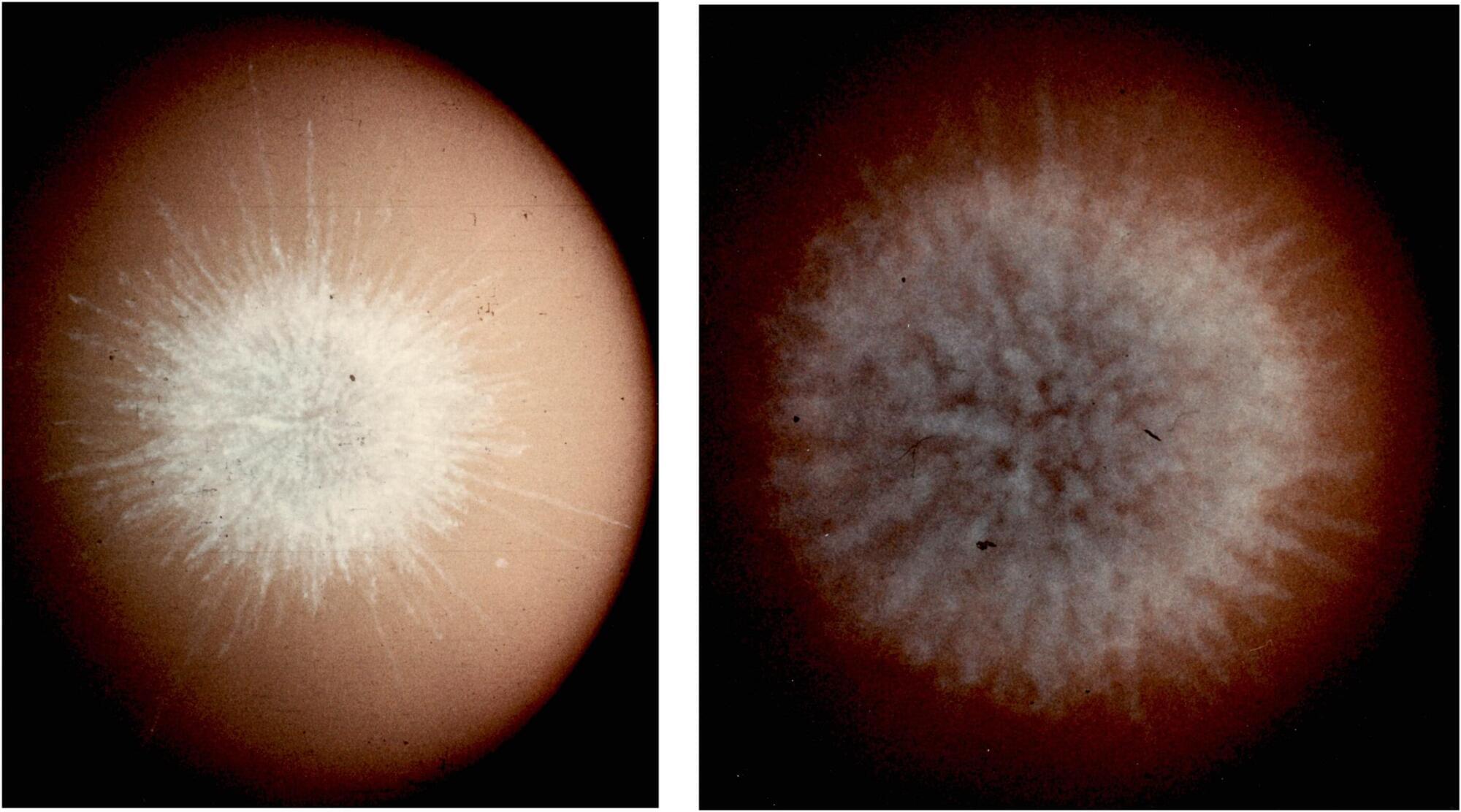
In 1181 AD, a bright “guest star” was observed to linger in the sky for around six months. Nearly 850 years later, the likely remnants of this event were rediscovered and tentatively linked to the 1181 supernova and dubbed supernova remnant (SNR) Pa 30. Yet, this supernova remnant was unique in appearance and researchers have struggled to understand why.

When it comes to understanding the universe, what we know is only a sliver of the whole picture.
Dark matter and dark energy make up about 95% of the universe, leaving only 5% “ordinary matter,” or what we can see. Dr. Rupak Mahapatra, an experimental particle physicist at Texas A&M University, designs highly advanced semiconductor detectors with cryogenic quantum sensors, powering experiments worldwide and pushing the boundaries to explore this most profound mystery.
Mahapatra likens our understanding of the universe—or lack thereof—to an old parable: “It’s like trying to describe an elephant by only touching its tail. We sense something massive and complex, but we’re only grasping a tiny part of it.”
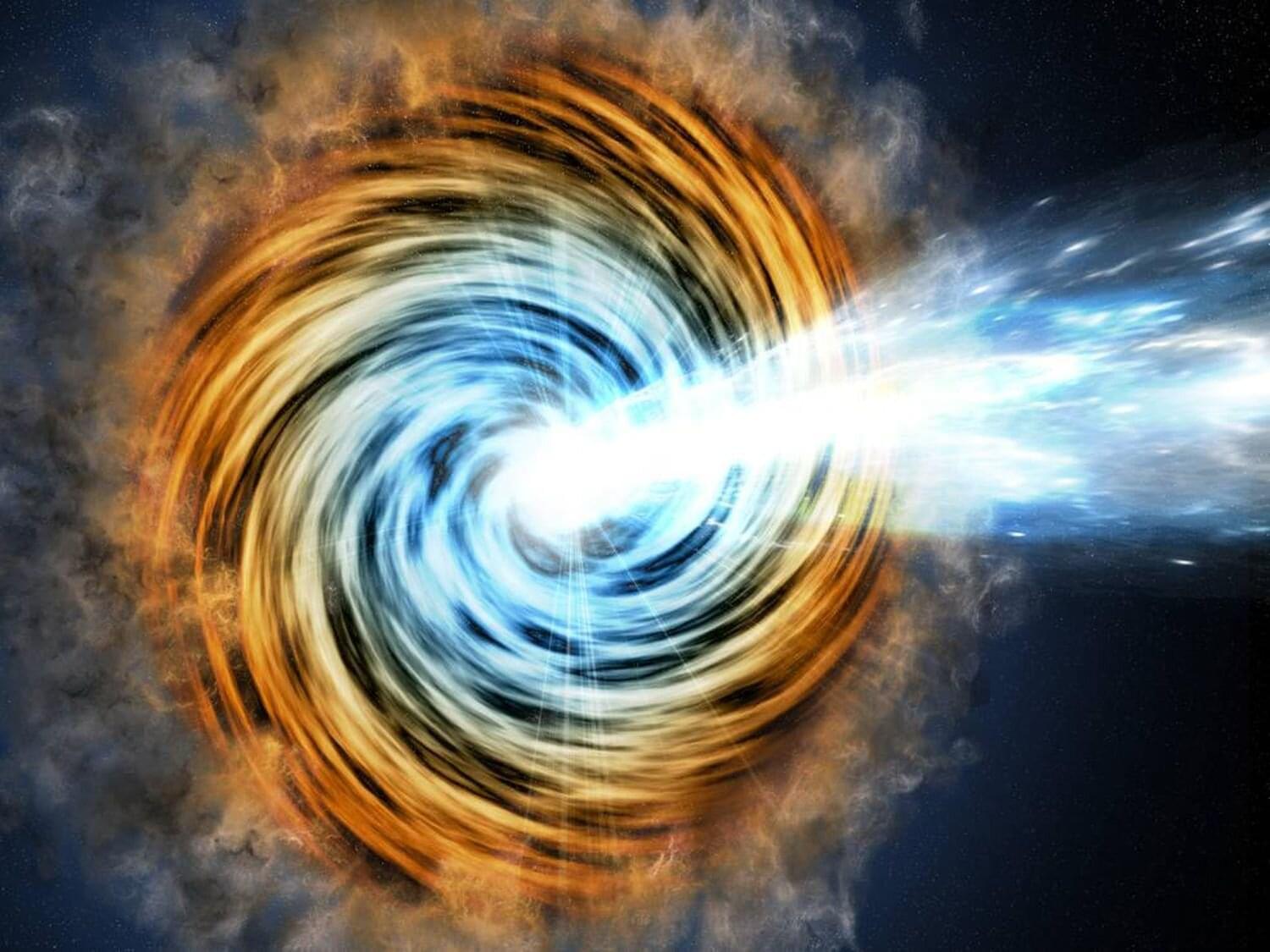
Using the Whole Earth Blazar Telescope (WEBT), an international team of astronomers have performed long-term photometric observations of a luminous blazar known as Ton 599. Results of the observations, published in the Astronomy & Astrophysics journal, shed more light on the optical variability of this object.
Blazars are very compact quasi-stellar objects (quasars) associated with supermassive black holes (SMBHs) at the centers of active, giant elliptical galaxies. They are the most luminous and extreme subclass of active galactic nuclei (AGNs). The characteristic features of blazars are highly collimated relativistic jets oriented very close to our line of sight.
Based on their optical emission properties, astronomers generally divide blazars into two classes: flat-spectrum radio quasars (FSRQs) that feature prominent and broad optical emission lines, and BL Lacertae objects (BL Lacs), which do not.
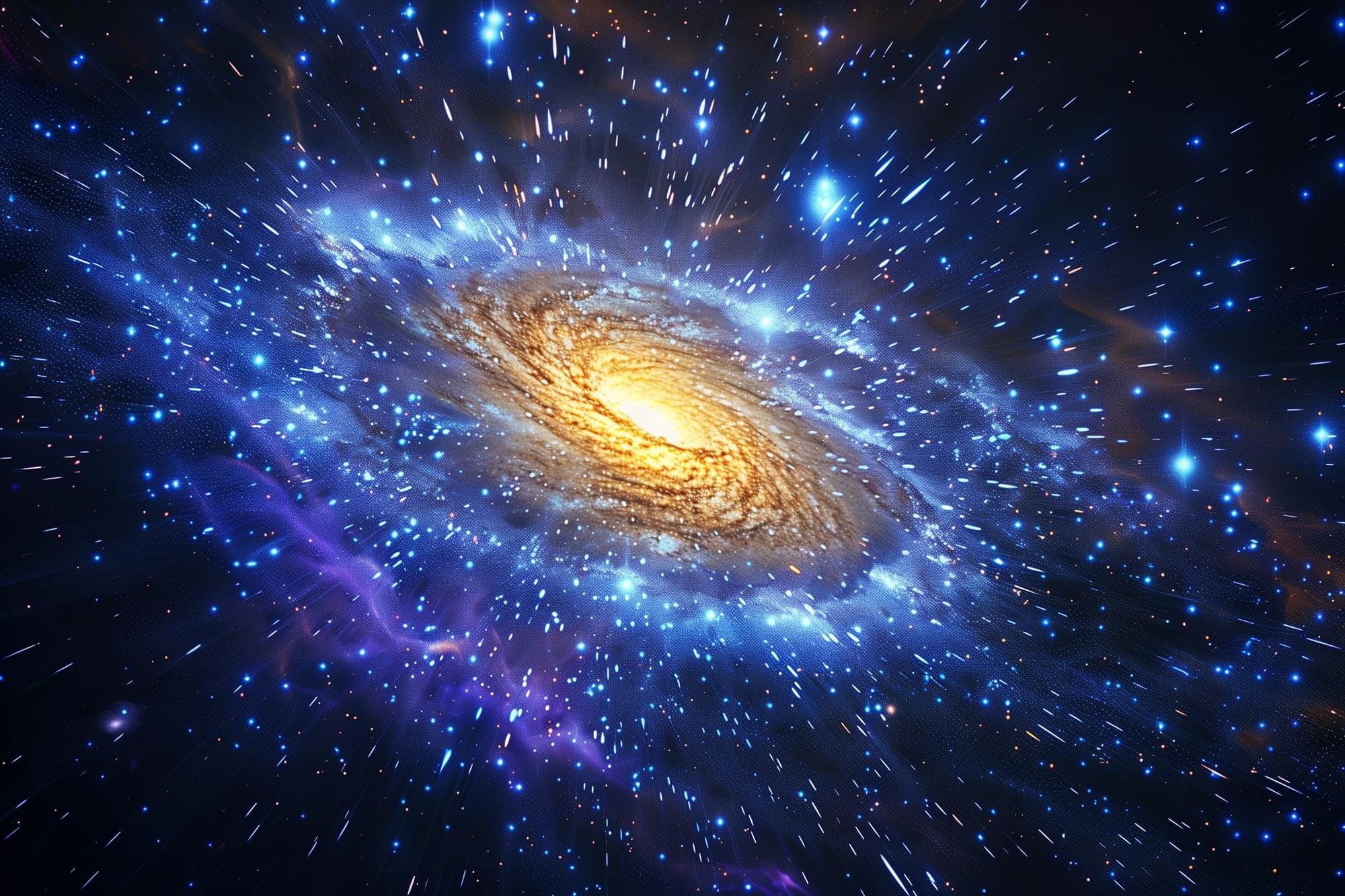
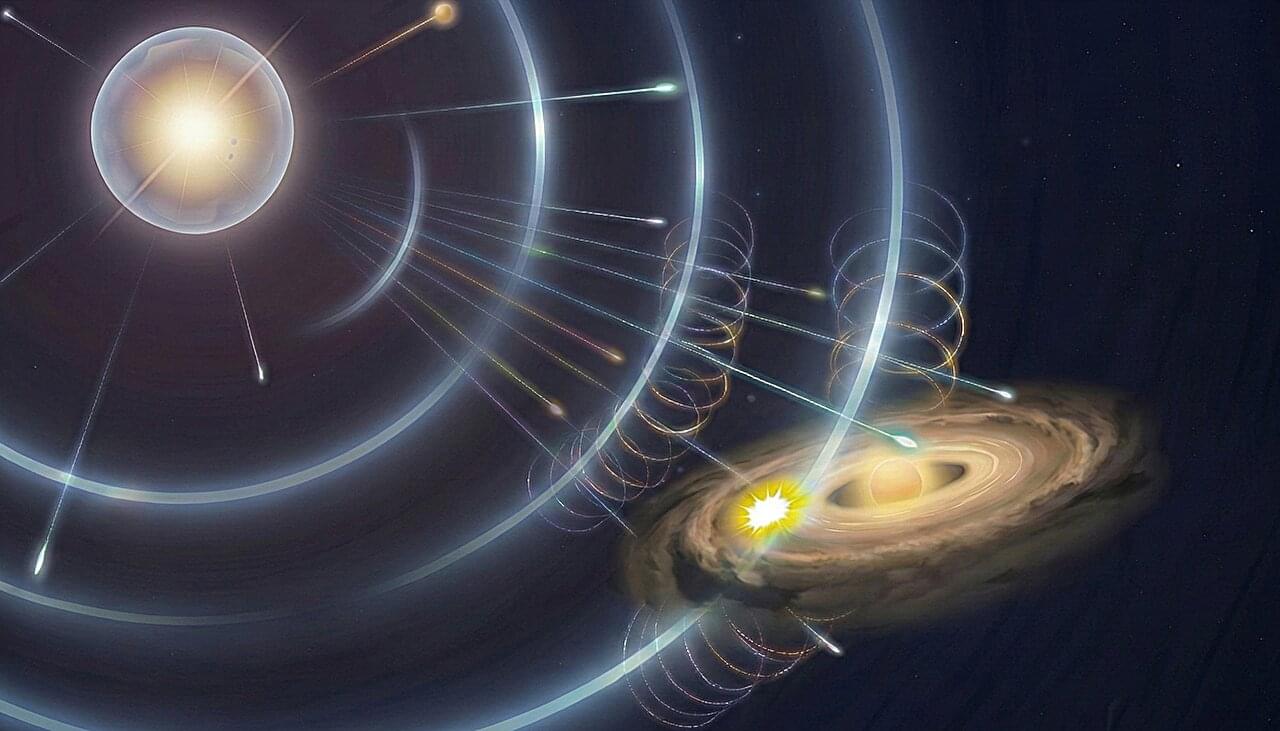
How common are Earth-like planets in the universe? When I started working on supernova explosions, I never imagined that my research would eventually lead me to ask a question about the origin of Earth-like planets. Yet that is exactly where it brought me.
For decades, planetary scientists have believed that the early solar system was enriched with short-lived radioactive elements—such as aluminum-26—by a nearby supernova. These radioactive elements played a crucial role in forming water-depleted rocky planets such as Earth. Their decay heated young planetesimals, causing them to lose much of their originally accreted water and other volatile materials.
There was just one problem that kept bothering me.
The Fine-Tuning Argument is often seen as the best argument for the existence of God. Here we have assembled some of the world’s top physicists and philosophers to offer a reply. Not every critic of the argument comes from the same perspective. Some doubt there is a problem to be solved whilst others agree it is a genuine problem but think there are better solutions than the God hypothesis. Some like the multiverse and anthropics other don’t. We have tried to represent these different approaches and so it should be taken as given, that not all of the talking heads agree with each other. Nevertheless, they all share the view that the fine-tuning argument for God does not work. Nor are all the objectors atheist, Hans Halvorson offers what we think is a strong theological objection to the argument. This film does not try to argue that God doesn’t exist only that the fine-tuning argument is not a good reason to believe in God. Most of the footage was filmed exclusively for this film with some clips being re-used from our Before the Big Bang series, which can be viewed here: • Before the Big Bang 5: The No Boundary Pro… All of the critics of the fine tuning argument that appear were sent a draft of the film more than a month before release and asked for any objections either to their appearance, the narration or any other aspect of the film. No objections were raised, and many replies were extremely positive and encouraging. A timeline of the subjects covered is below:
(We define God as a perfect Omni immaterial mind as for example modern Christians and Muslims advocate, there are other conceptions of God which our video does not address).
Just to be clear, this is a polemical film arguing against the fine tuning argument.
Timecodes.
0:00 Introduction.
4:11 The universe as a roll of the dice.
6:15 what is probability?
7:28 probability problems.
9:25 measure problem.
15:45 deceptive probabilities.
20:23 the flatness problem.
22:14 counterfactuals versus probabilities.
23:59 fine tuning versus God.
37:02 necessity.
38:53 multiverse and anthropics.
47:34 Boltzmann brains.
49:45 Entropy.
52:45 Cosmological Natural Selection.
59:10 conclusion.
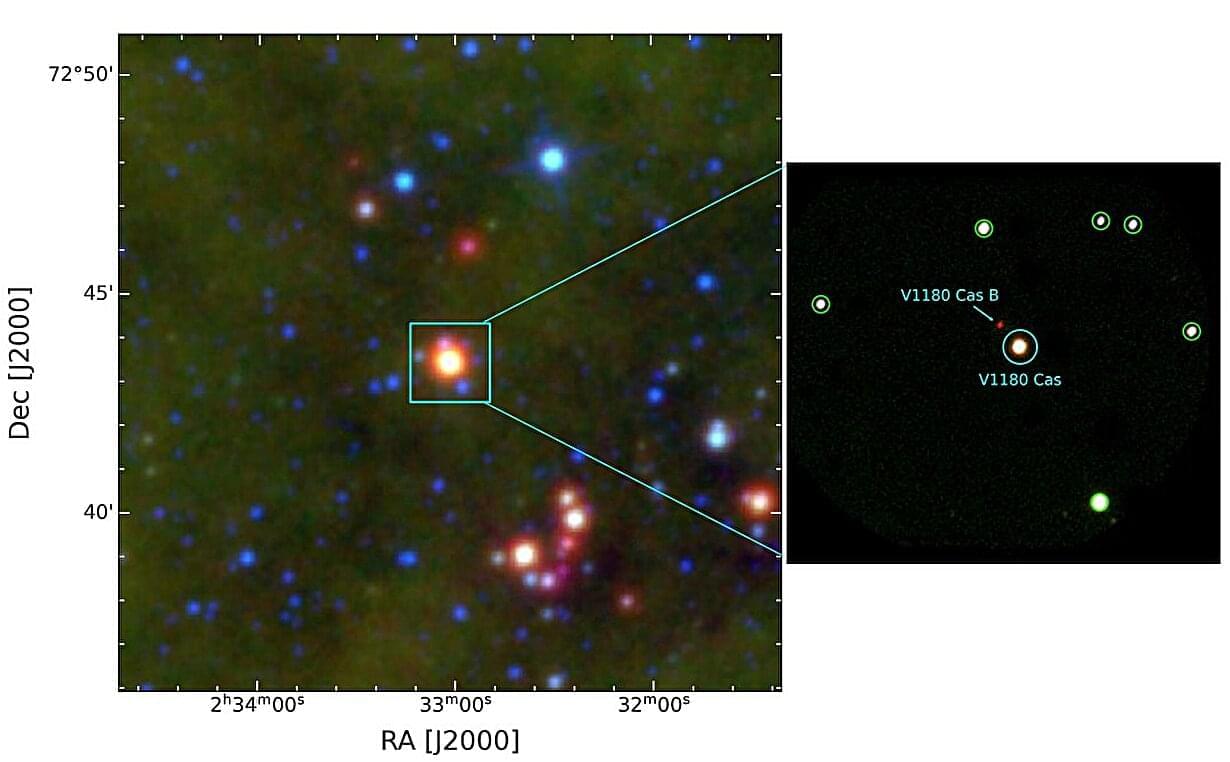
Astronomers from the Aryabhatta Research Institute of Observational Sciences (ARIES) in India and elsewhere have conducted a long-term photometric and spectroscopic study of a young stellar object known as V1180 Cassiopeiae. Results of the study, published December 23 on the arXiv preprint server, unveil the dual nature of this object.
Young stellar objects (YSOs) are stars in the early stages of evolution; in particular, protostars and pre-main sequence (PMS) stars. They are usually observed embedded in dense molecular clumps, environments containing plenty of molecular gas and interstellar dust.
Given that episodic accretion processes occur in YSOs, these objects may experience accretion-driven outbursts. Astronomers usually divide such events into EX Lup (also known as EXors) and FU Ori outbursts (or FUors). EXors are a few magnitudes in amplitude, and last from a few months to one or two years. FUors are more extreme and rare as they can be up to 5–6 magnitudes in amplitude and last from decades to even centuries.